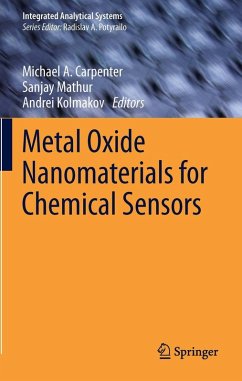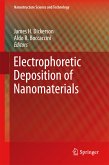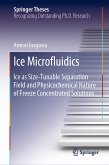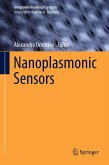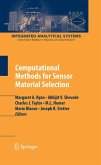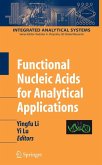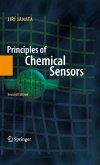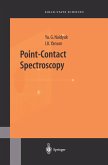Dieser Download kann aus rechtlichen Gründen nur mit Rechnungsadresse in A, B, BG, CY, CZ, D, DK, EW, E, FIN, F, GR, HR, H, IRL, I, LT, L, LR, M, NL, PL, P, R, S, SLO, SK ausgeliefert werden.
"Metal Oxide Nanomaterials for Chemical Sensors is a monograph that presents the state of the art in the application of metal oxide nanostructured materials for chemical sensing. The text can be described as the result of the intersection between materials science, surface science, and analytical science, so it can be considered highly recommendable for a broad readership, including academic and industrial researchers in such fields." (Antonio Doménech-Carbó, Analytical and Bioanalytical Chemistry, Vol. 405, 2013)

